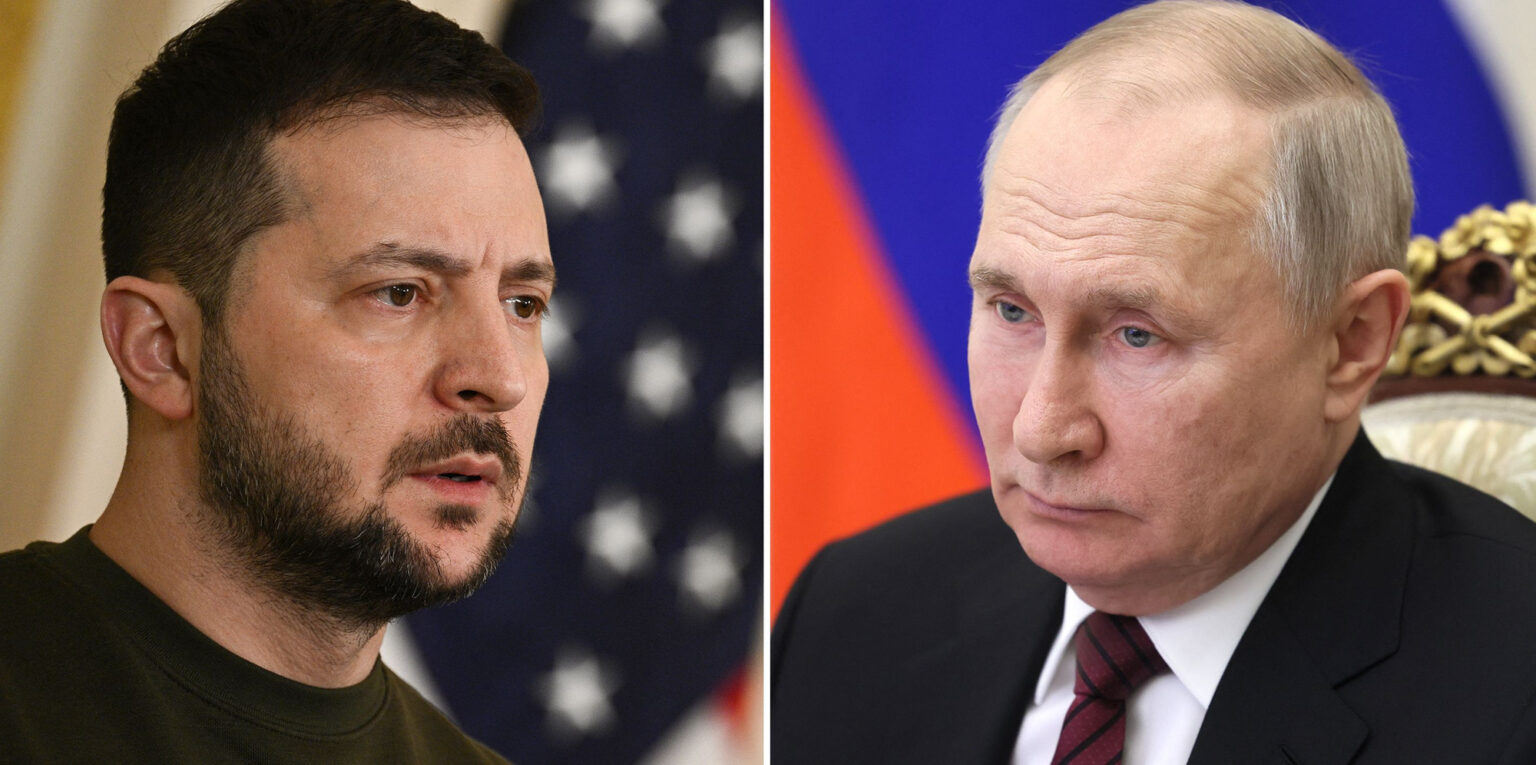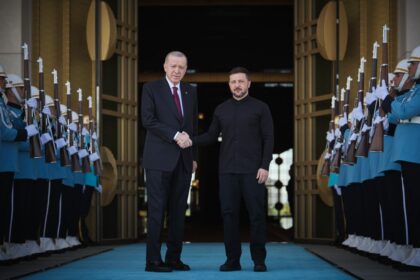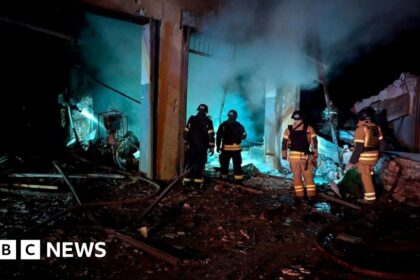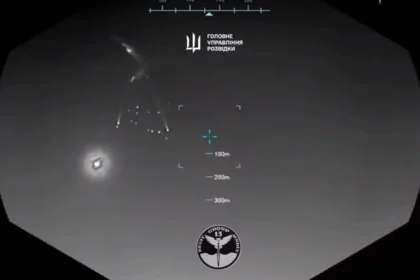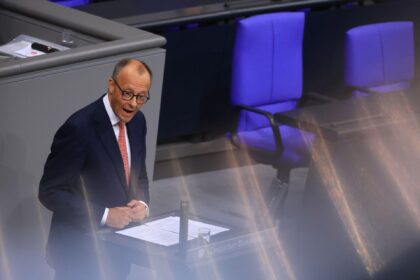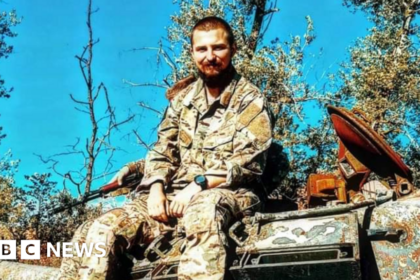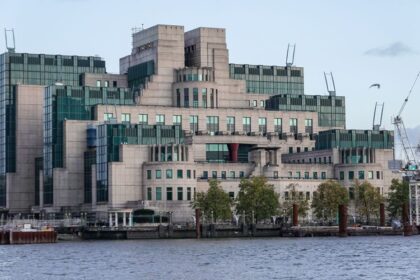**Russia’s Diversionary Tactics: A Bid to Undermine Ukraine and Its Allies**
In a bid to deflect attention from its military failures in Ukraine, Russia has been attempting to manipulate ceasefire discussions. This effort is aimed at undermining unity between Ukraine, the United States, and European partners.
According to an analysis by the Institute for the Study of War (ISW), Russian President Vladimir Putin’s insistence on Ukraine accepting the 2022 Istanbul protocols serves as a distraction from his military failures over the last two years. These protocols are seen as surrender terms for Ukraine.
**A Plan to Intimidate and Manipulate**
Putin’s recent press conference and comments by Kremlin Spokesperson Dmitry Peskov have been described as part of an attempt to inject Kremlin narratives into Western information spaces. This communication campaign is aimed at intimidating Ukraine and its allies into accepting Russia’s terms, rather than engaging in genuine peace talks.
The analysis suggests that Putin’s rhetoric serves to mask his country’s lack of substantial military progress over the past two years. Meanwhile, Kremlin officials continue to insist on peace conditions that would effectively require Ukraine’s complete surrender, rejecting any compromise that doesn’t fully satisfy their demands.
**A Joint Western Proposal Rejected**
Rather than accepting a joint US-Ukrainian-European proposal for a comprehensive 30-day ceasefire beginning May 12, Putin instead proposed resuming direct bilateral negotiations with Ukraine on May 15, based on the 2022 Istanbul protocols. President Zelenskyy and Turkish President Recep Tayyip Erdogan accepted Putin’s proposal to hold talks in Türkiye.
However, Zelenskyy emphasized that Ukraine is still waiting for Russia to agree to the US-Ukrainian-European ceasefire proposal. The Ukrainian leader stated he will personally wait for Putin in Türkiye, while also emphasizing his country’s readiness for dialogue but insisting on a full, unconditional ceasefire before any negotiations.
**Russia’s Strategic Objectives**
Deputy Head of the Ukrainian Presidential Office Pavlo Palisa noted that Russia’s main objective remains to secure the administrative borders of Donetsk and Luhansk oblasts and establish a “buffer zone” along Ukraine’s border in Kharkiv and Sumy oblasts to protect Russian territory from Ukrainian counterattacks.
Additionally, Russian forces are expected to attempt breakthroughs on the Zaporizhzhia front and conduct river-crossing operations in Kherson Oblast, which remains partially occupied. European leaders have emphasized that negotiations cannot proceed “under drones” amid ongoing attacks.
**The 2022 Istanbul Protocols: A Surrender Terms for Ukraine**
ISW characterizes these protocols as including terms that would have amounted to Ukraine’s surrender and left Ukraine helpless to defend against potential future Russian aggression. The protocols include severe Russian demands such as:
* Ukraine becoming a permanently neutral state
* Renouncing NATO membership
* Drastically limiting its military forces to 85,000 soldiers and restricted weaponry
* Prohibiting foreign military presence or aid
* Installing a pro-Moscow leader
* Granting official status to the Russian language in Ukraine
The Kremlin’s position falsely portrays itself as willing to engage in good-faith negotiations while continuing attacks on Ukrainian positions and “setting conditions for further military aggression against Ukraine and NATO in the coming years,” the ISW concludes.
**Conclusion**
In conclusion, Russia’s insistence on Ukraine accepting the 2022 Istanbul protocols serves to distract from its military failures over the last two years. This effort is aimed at undermining unity between Ukraine, the United States, and European partners. The analysis suggests that Putin’s rhetoric serves to mask his country’s lack of substantial military progress while continuing attacks on Ukrainian positions.
The joint Western proposal for a comprehensive 30-day ceasefire has been rejected by Russia, which instead proposed resuming direct bilateral negotiations based on the 2022 Istanbul protocols. The Kremlin’s position falsely portrays itself as willing to engage in good-faith negotiations while continuing attacks on Ukrainian positions and setting conditions for further military aggression against Ukraine and NATO.
The analysis concludes that Putin’s strategic objectives remain unchanged, with Russia seeking to secure its borders and establish a buffer zone along Ukraine’s border. European leaders have emphasized that negotiations cannot proceed “under drones” amid ongoing attacks. The 2022 Istanbul protocols are seen as surrender terms for Ukraine, including severe Russian demands such as renouncing NATO membership, drastically limiting military forces, and prohibiting foreign military presence or aid.
Overall, Russia’s actions demonstrate a clear intent to manipulate Western opinion and undermine unity between Ukraine, the United States, and European partners.




